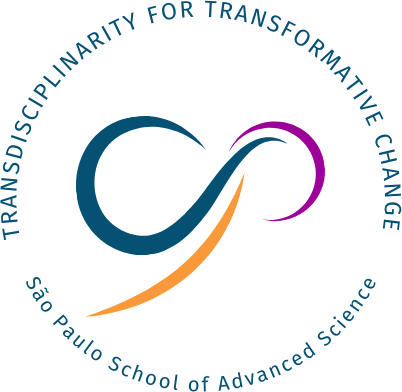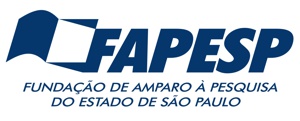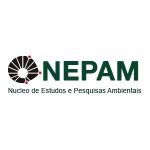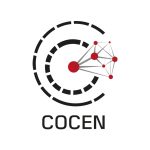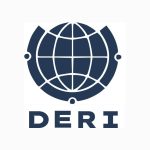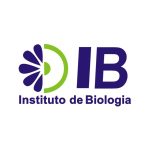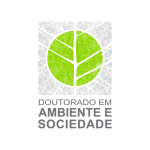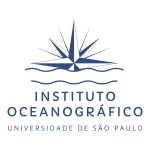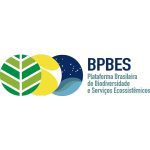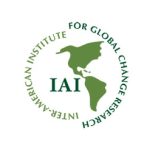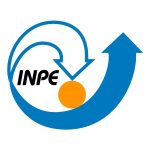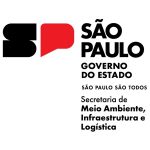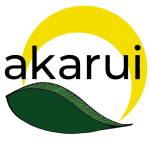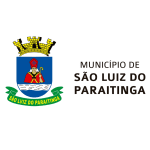Program
The program was developed based on the eight competencies for sustainability training: systems-thinking, future-thinking, value-thinking, strategies-thinking, implementation, interpersonal, intrapersonal and integration competencies. Moreover, considering that transdisciplinarity is problem-driven, solution-oriented, inclusive, innovative, and should engage target audiences in an intentional, self-reflexive, and co-construction process, several slots in the program focus on practices, including field trips to traditional communities.
The School is organized in 4 modules:
Module I
The context of global environmental change and key concepts
- Climate change and biodiversity loss: challenges of Complexity
- Social-ecological systems & complex adaptive systems
- Plurality of values & knowledge systems
- Transformative change
Module III
Transdisciplinarity for transformation in science-policy arenas
- Science-policy interface at the international level
- Science-policy interface at national and state level
- Indigenous local knowledge for policy-making
Module II
Transdisciplinarity: methodological and analytical approaches
- Participatory action research and community-based monitoring
- Ethnobiology
- Ecosystem stewardship
- Adaptive governance
Module IV
The challenges for transformative change
- Decolonization and transformative change.
- Transformative change for social-ecological regeneration.
Module I
➫
Module I
- Climate change and Biodiversity loss: challenges of Complexity
- Social-ecological systems & complex adaptive systems
- Plurality of Values & Knowledge Systems
- Transformative Change
Module II
➫
Module II
- Participatory action research and community-based monitoring
- Ethnobiology
- Ecosystem stewardship
- Adaptive governance
Module III
➫
Module III
- Science-Policy Interface at the international level
- Science-Policy Interface at national and state level
- Indigenous Local Knowledge for policy-making
Module IV
➫
Module IV
- Decolonization and transformative change.
- Transformative change for social-ecological regeneration.
Additionally there will be panels and group activities involving multiple actors, including:
- Panel I: The perspective of researched local actors;
- Panel II: The Atlantic Forest Connection (Conexão Mata Atlântica) Program
- Panel III: Multiple knowledge and values for transformative change
- Art-activity on co-creating dialogues and scenarios
